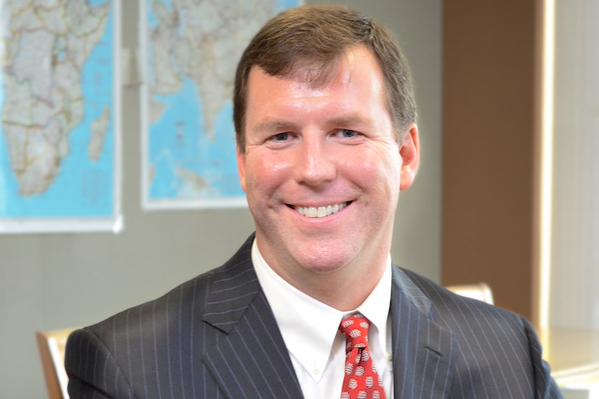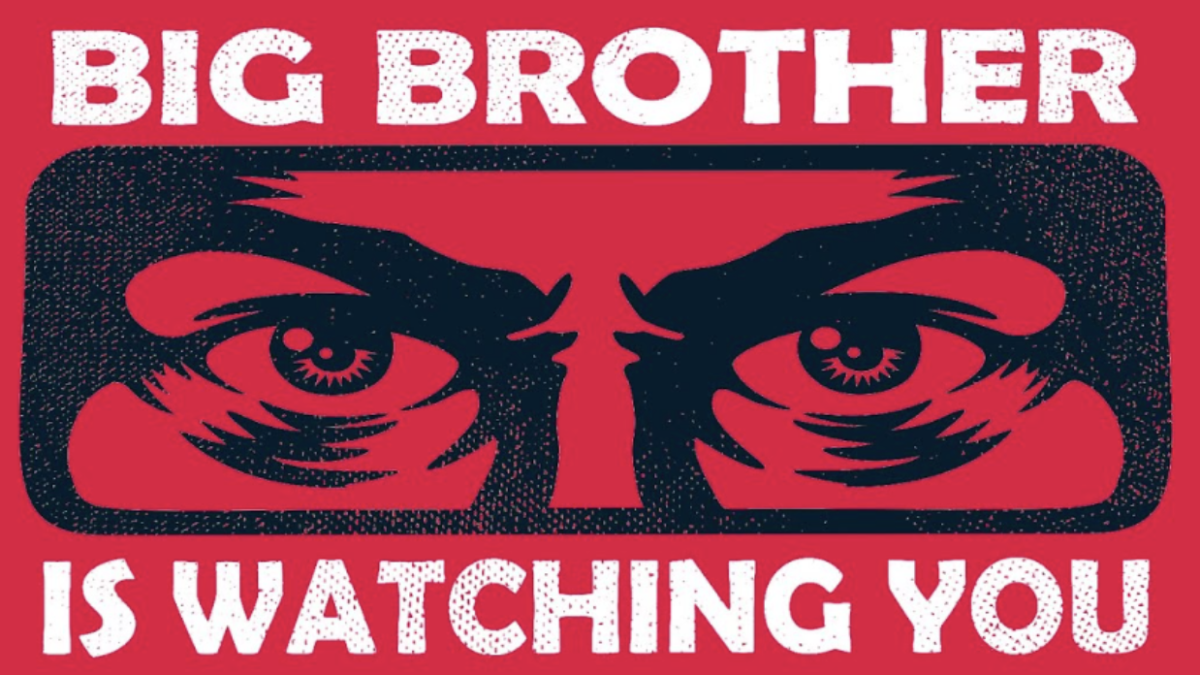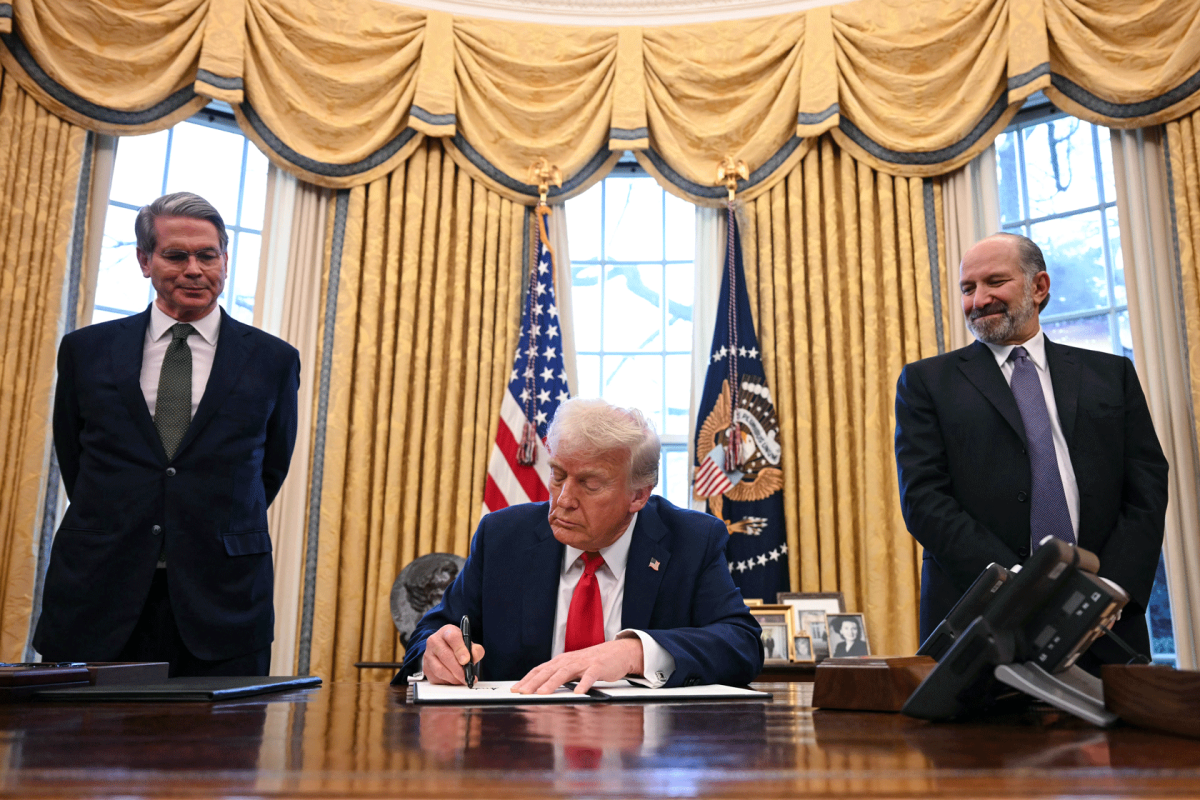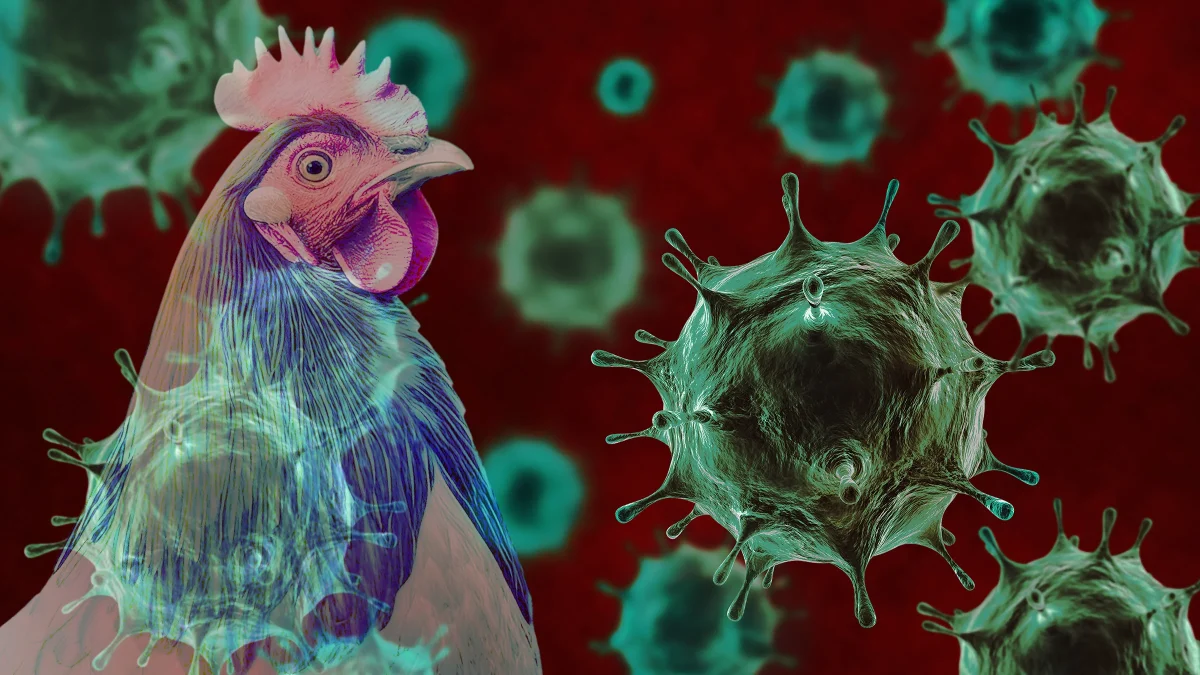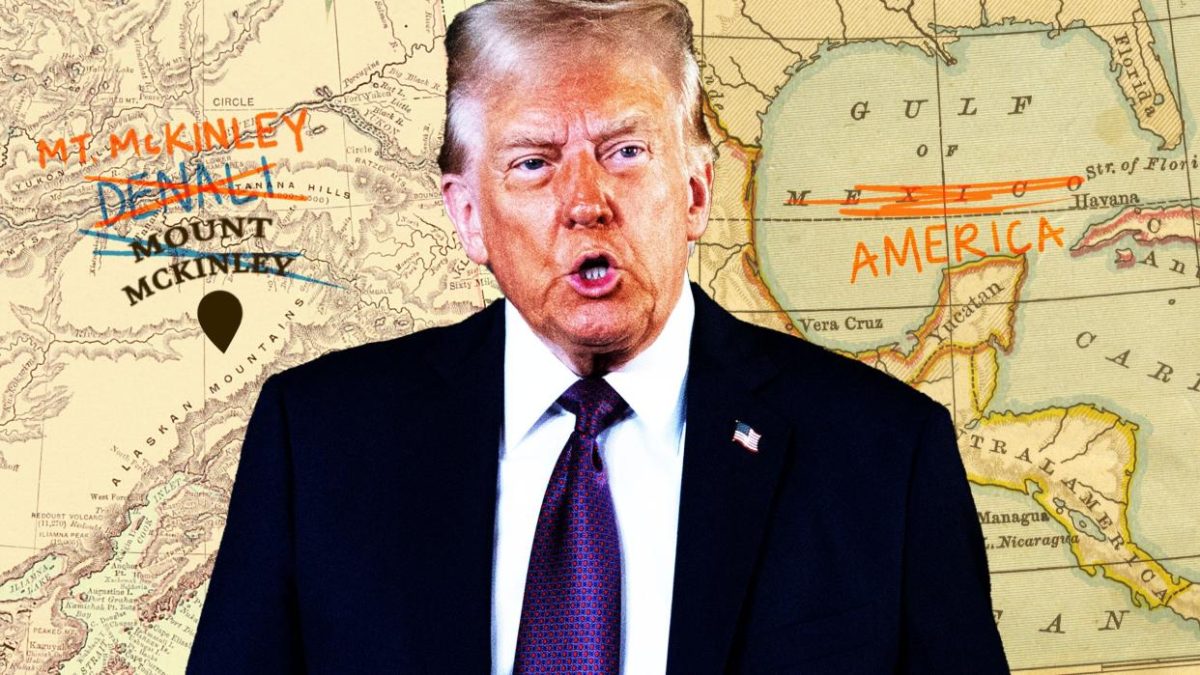by Dante Sudilovsky ’17, News Editor
On Thursday, September 3rd, I conducted a brief interview with Ben Rein, who is in his first year as the 8th headmaster of University School. Part two of my interview with the headmaster will be published soon.
What appealed to you the most about US before you accepted the position as headmaster?
When I received a phone call from the headhunter [from the search firm US hired] and he asked me if I was interested in this school, called the ‘University School,’ my immediate answer was ‘yes.’ Having spent 15 years in Philadelphia at a peer school of US called the Haverford School, I had done a lot of work across the way with folks from here and the reputation of [US] preceded it. So it was actually a pretty easy choice—I was excited when I got the phone call.
How does US compare to the Haverford School and Collegiate School?
Great independent schools have a lot in common: phenomenal teachers who care about students as people as much as their subject matter, resources that make operational decisions very easy, opportunities for travel, global connections, character education, talented students. In that sense, the similarities are many between the last two places I have worked and US. It feels very comfortable to be in an environment where a school has a history that is bigger than you; that’s longer than you, that you are a small part of. It offers you as an educator every resource you could possibly want to.
Why do you believe in single-sex education?
I believe in great schools first. I am at a point in my life where I don’t think I would work at a boys school if I didn’t think it offered all of the opportunities that I have laid out before, both as a worker and as a parent. I have two sons in the Lower School, so it was an interesting decision. It wasn’t just a place to work; it was a place to raise my kids. Boys learn differently and they thrive when they are with other boys. Watching what has happened to my two kids since they showed up on the Shaker campus has been nothing short of amazing, and these are kids that love school! To be in the all-boys environment, to have the freedom to move around, the freedom to bounce around with their buddies, the hands-on learning that we do here, and the camaraderie and compassion that comes from the ‘brotherhood’; I hate to use that word, but the brotherhood that exists is amazing.
What are you looking forward to the most during your first year as headmaster?
I hope to learn names, hopefully by March or April, and to actually know how [US] works. It’s a fascinating thing to come in in a job like this, to a school that is well established and running well. It’s fairly easy to get the broad strokes, but digging into how different departments function, how different programs work, where people are connected is where it gets more complicated. By the end of the year, I hope to know most people’s names, and if not their names, at least their stories.
What do you think is the importance of sports and extra-curricular activities at US in shaping the character of the school?
One of the things that I say as an educator is that I prefer the term ‘co-curricular’ because I think extracurricular implies ‘less than.’ Arts and athletics have equal weight and importance in the development of boys. Are academics in the purest sense the most important thing? Yes, they are, but the opportunities to pursue passions, join groups, be a part of teams, work towards common goals, to work really hard towards something and not get it, whether that is a part in a play or a championship or somewhere in between, teach us extremely valuable lessons. As an educator, there is nothing more compelling than watching a boy in those arenas because a lot of who we try to be in the academic day gets stripped away in the rawness of athletics [and other co-curriculars] where we just have to put ourselves out there.
I think that’s an amazing thing.
This interview has been edited and condensed.

